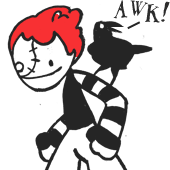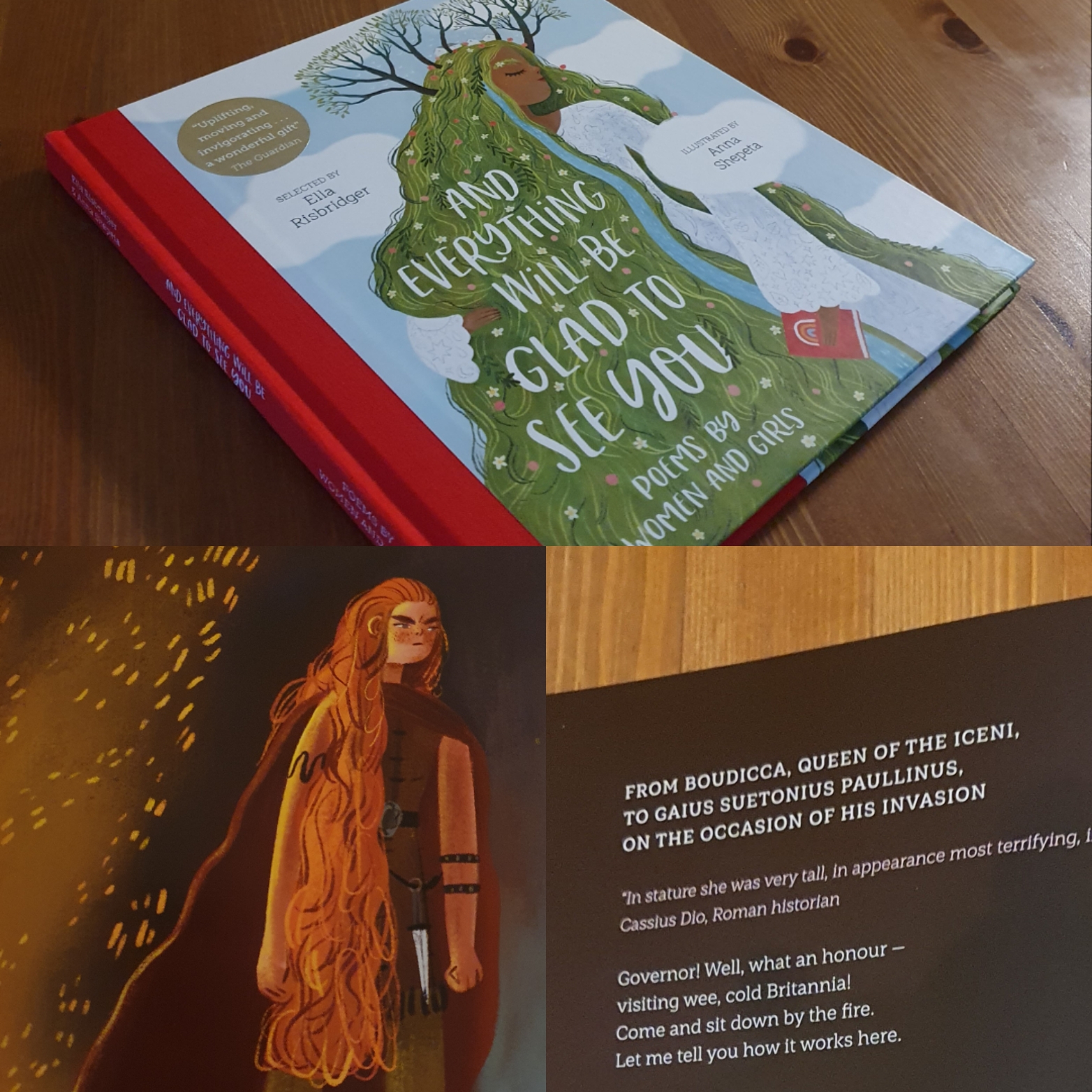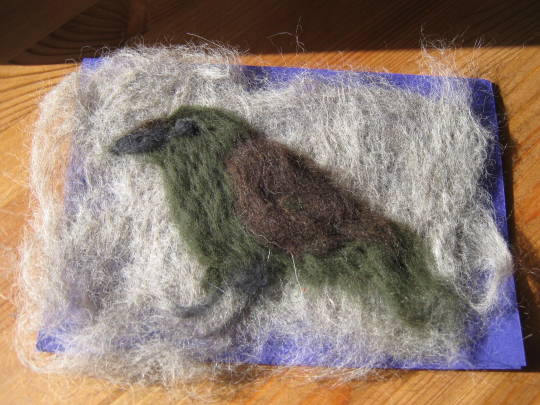A confession. I hate shopping for poetry. At least in physical shops. Don’t get me wrong. I love and adore bookshops. They are a joy and absolutely crucial to the publishing industry. And I love it when bookshops like Foyles dedicate a glorious chunk of space to poetry, as opposed to the average joint’s half-a-bookmark’s-worth of shelf room shared with playscripts. Or when LRB sticks a selection of poetry front and centre. This is a wonderful thing. No, it’s a bit more complicated than blaming the shop.
I read a fair amount of poetry. Not as much as some, for sure, but I like to think it doesn’t intimidate me – that I know what I like. Put me in front of even a modest rack of the stuff, though, and I’m lost. I mill around, picking up books at random and flicking through to see what the poems are like, and if the first three don’t grab me by the throat, I put it back down. By Book Five, I’m probably only checking one poem, which isn’t a great judge of a collection. I leave without buying, most days, and feel frustrated, impatient and ignorant. Exactly the way we don’t want people to feel when considering buying poetry.
So what can we do to boost interest at the point of sale?
1) A damn fine cover is a start. It wouldn’t sell me a terrible or bland book but it’d get me to pick it up. A half-arsed or formulaic design means what could be the greatest collection I’ve ever read, which I then go on to recommend to every soul I meet, won’t get a look-in. As long as we have e-books, there’s really no justification for hard-copy editions if they’re not visually arresting.
Mind you, if that blurb contains cliches and platitudes about urgency and the poet being in control of their work, all the embossed end papers in the world won’t save it. So what else helps?
2) Something immediately odd or striking about the poetry inside. Unusual layout, vispo, standout or disjointed phrases, illustration, playful structure, strong titles. One of my least favourite compliments about a poetry collection is its being “technically masterful”. I’m always suspicious that this is a synonym for ‘edited to death’. Who cares if someone has their technique down pat? For me, it’s the poetry equivalent of photorealistic painting. It might be impressive, but it doesn’t stoke an emotional response in me. And that connection is a big part of poetry sales.
3) Special placement. OK, this is out of the control of most publishers. It’s a rare privilege for most small presses, and even for the bigger ones. Giving poetry a face-on stand is a big deal in terms of floor space, and a shop has to be confident it’s worth the risk. One of the reasons this has such an impact on me as a buyer is that it breaks up the wall of skinny spines I’ve been faced with, and presents a much more manageable chunk of information for me to process. Not to mention, an instant gawp at covers. Commonly, this is reserved for books which have already won major awards, or been heavily featured. A rotating feature podium would be the dream, with a mixture of presses and authors.
4) Marketing by subject, not by author. Running Sidekick Books, we’ve thought long and hard about ways to engage readers picking up the book, from high production values to off-kilter blurbs. But what I feel we’re doing right with each book is offering a theme as a way in. I love a good concept album, and it gives a foothold not just to the reader, but to the designer, in terms of really working the look of the book. It also makes a title more giftable. Giving poetry, even to poets, is tricky terrain, but giving someone a book on a topic they like is less of a gamble.
I can’t be the only person who feels exhausted by the choice on offer, and the lack of guidance, save familiar names and publishers. I would love to hear from booksellers on what sells in poetry, particularly among the smaller publishers, and what they believe might help in future.
Folk to Follow:
Books Are My Bag
Inpress Books
Boycott Amazon



